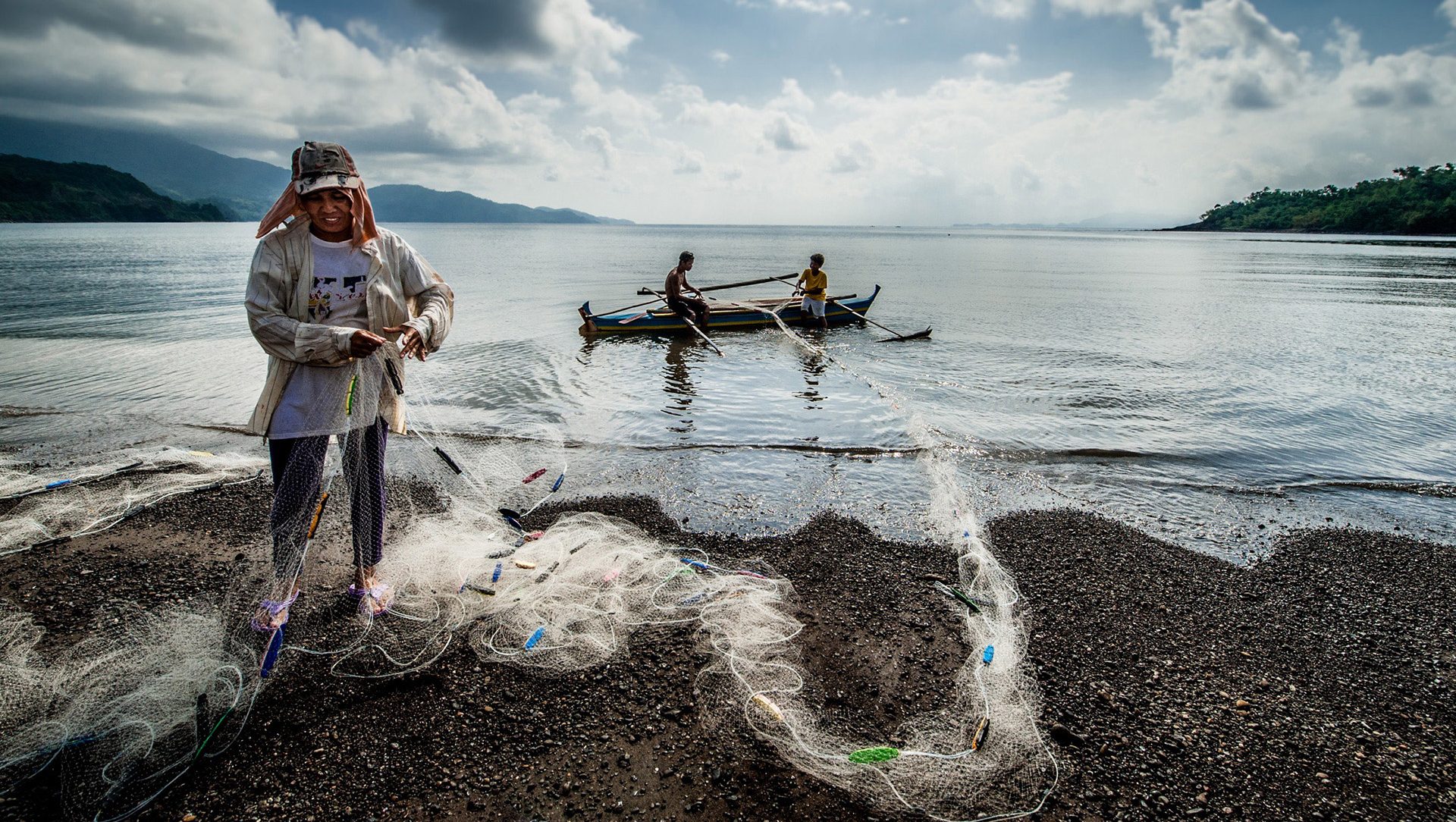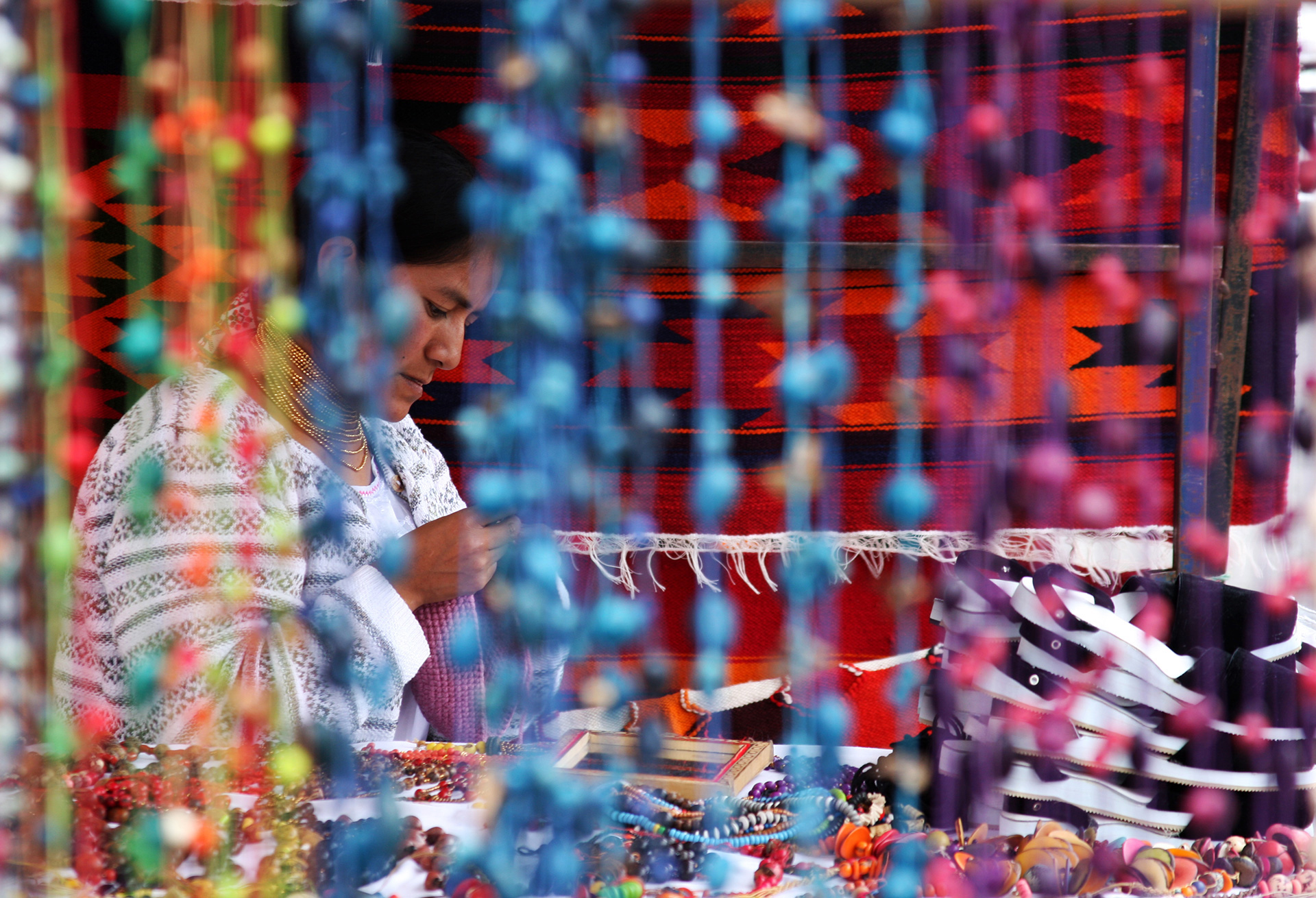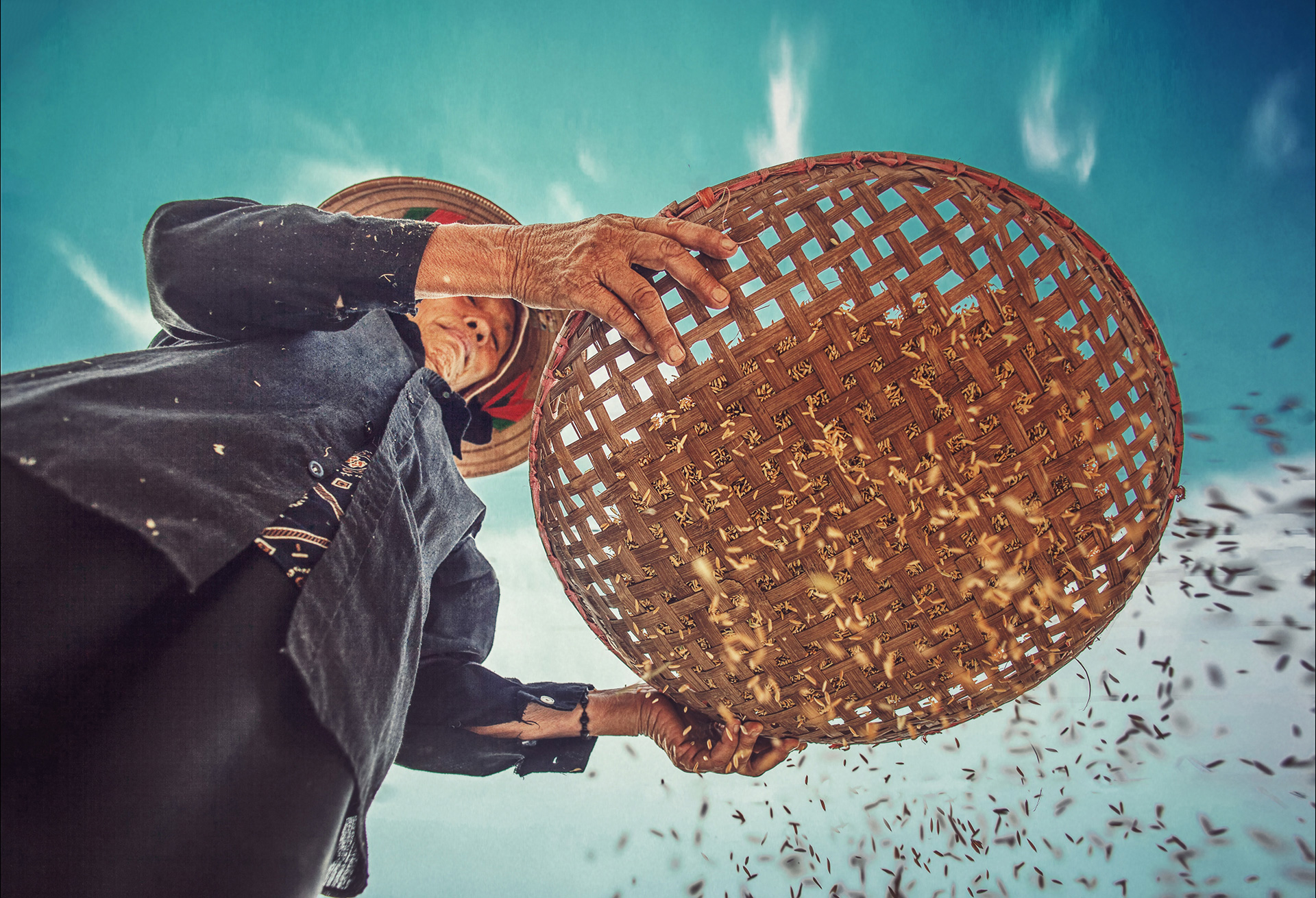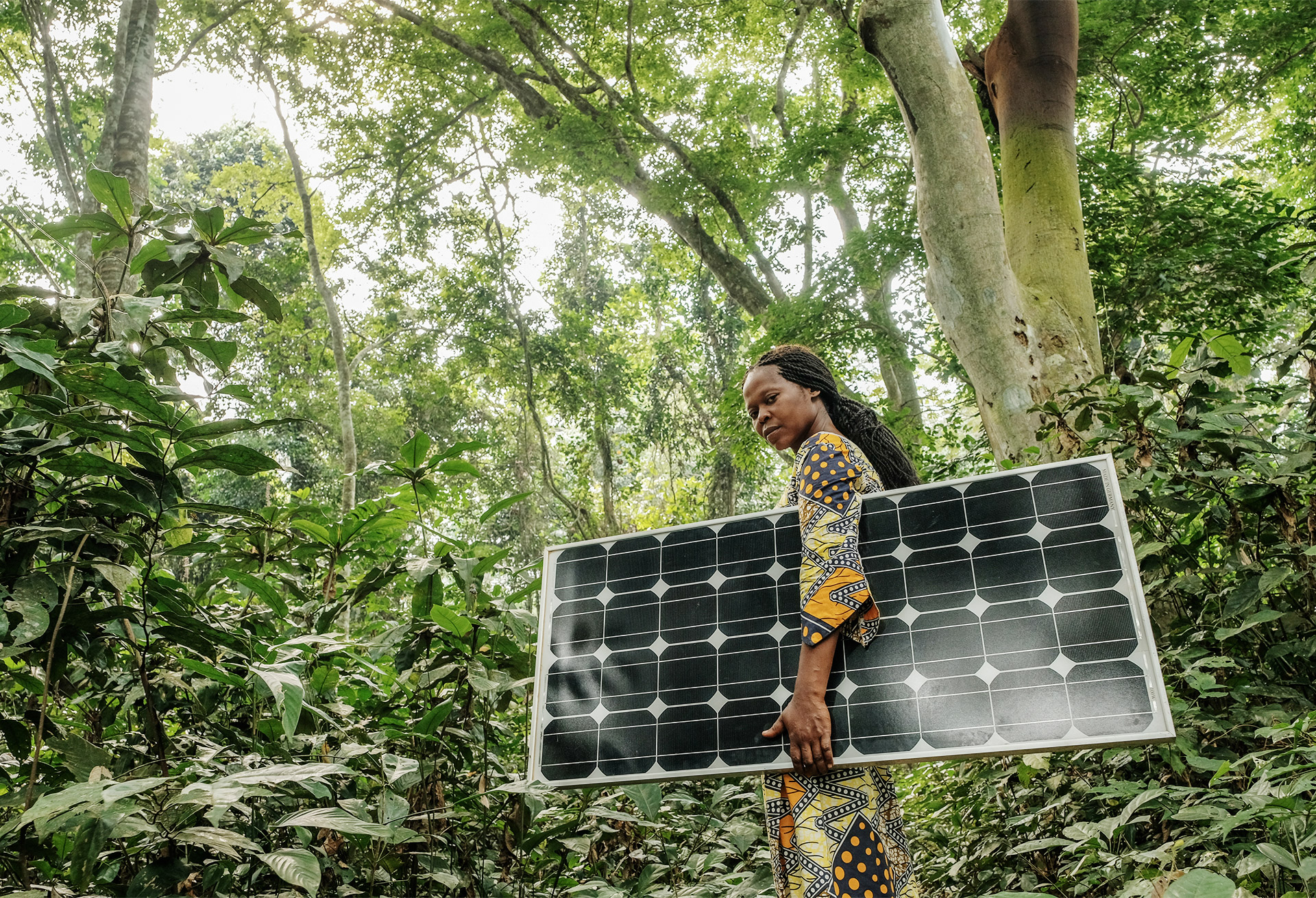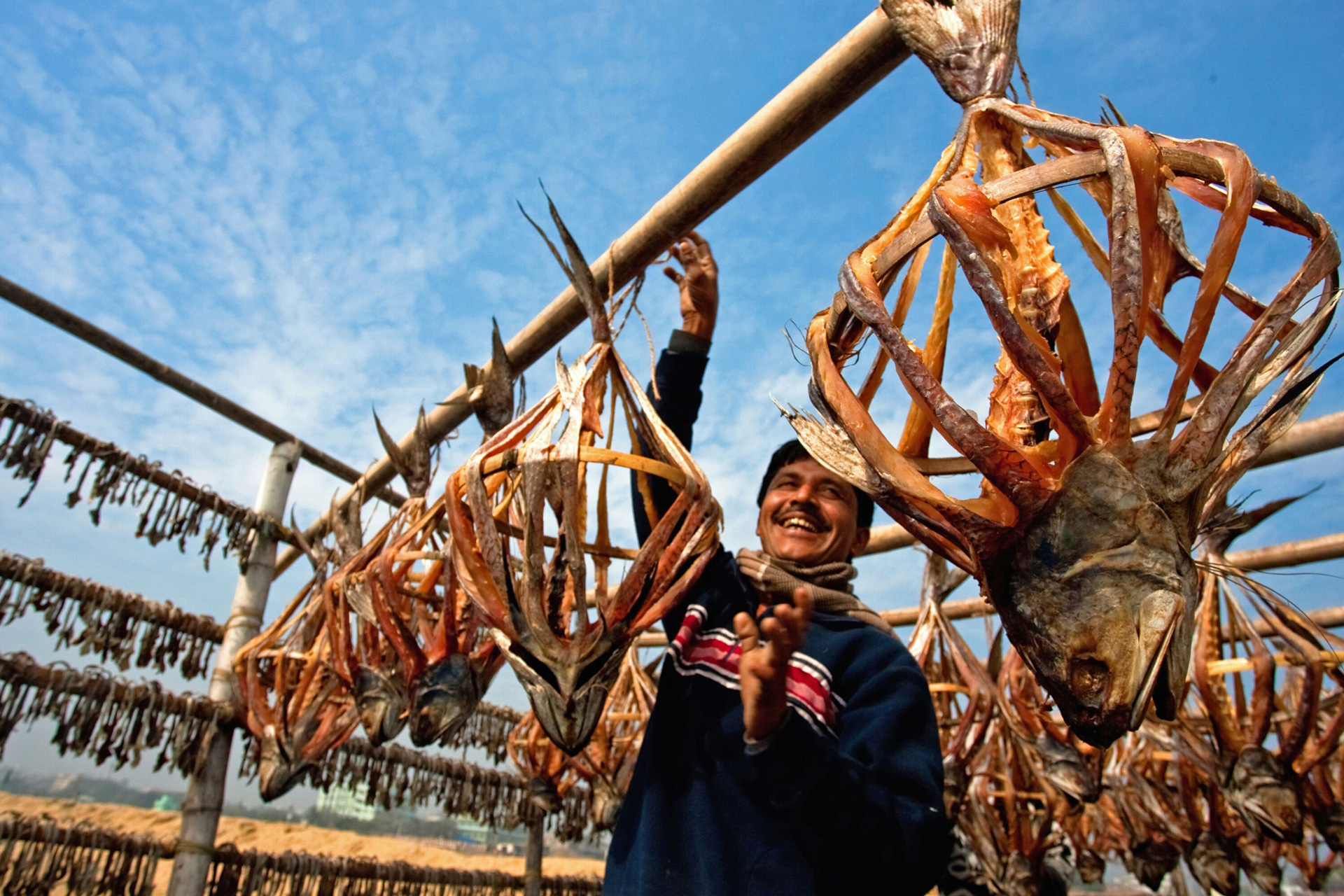Original source: Triodos IM
by Maritza Cabezas & Amber van der Schoot
The COVID-19 pandemic has profoundly impacted many lives across the globe. In this blog we focus on women. Worldwide, the pandemic has hit women harder than men. Women run a higher risk of COVID-19 contagion due to their occupations in health-related activities. They are also overrepresented in jobs where social distancing has been more difficult and where layoffs have been more common. Many women have had to interrupt their work for care-taking reasons. Moreover, women are often employed in micro and small enterprises with lower pay and weaker legal and social protection, and in informal activities where the situation is even more precarious. These factors have made the choice to leave the workforce much easier.
Labour participation rates are showing that women are dropping out of the labour market in record numbers, in a move that could become permanent. The longer women stay out of the labour market, the higher the risk of erosion of skills and permanent loss of income and perspective.
Prior to the pandemic, no country has been successful in fully achieving gender equality, as envisioned in the UN Sustainable Development Goals. But now, gender equality, as measured by the access to (high quality) education, labour force participation and female entrepreneurship, is further away than ever. Since the pandemic, girls in low-income countries are losing out on education in large numbers. Liberia, less than halfway to key gender equality targets, is seeing lower school enrolment numbers for girls than for boys as schools reopen after the lockdowns. Based on the experience and data of the 2014-15 Ebola crisis in Sierra Leona, the Malala Fund estimates that roughly 20 million more secondary school-age girls could be out of school after the COVID-19 crisis has passed.

